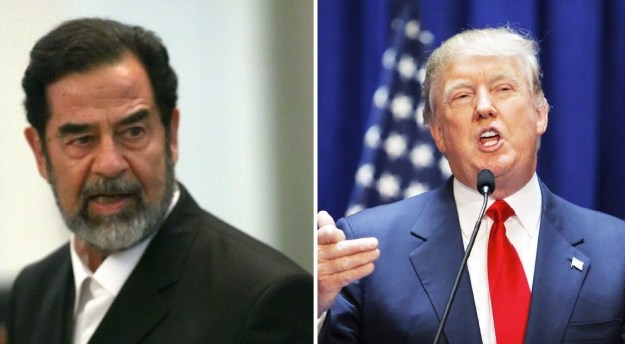By Kyle Orton (@KyleWOrton) on July 30, 2016

Mohamed Lahouaiej Bouhlel on the promenade in Nice on 14 July 2016
On 14 July 2016, Bastille Day, a lorry zig-zagged along the seafront Promenade des Anglais in Nice for two kilometres (1.25 miles) during a fireworks display. Eighty-four people, including ten children, were murdered instantly and two-hundred-plus wounded, nearly two-dozen critically. Below is a compilation of the evidence so far, which indicates that the killer was a part of a substantial network acting on behalf of the Islamic State, though there is not yet any evidence of a direct contact with the terrorist state headquartered in Raqqa. Continue reading








